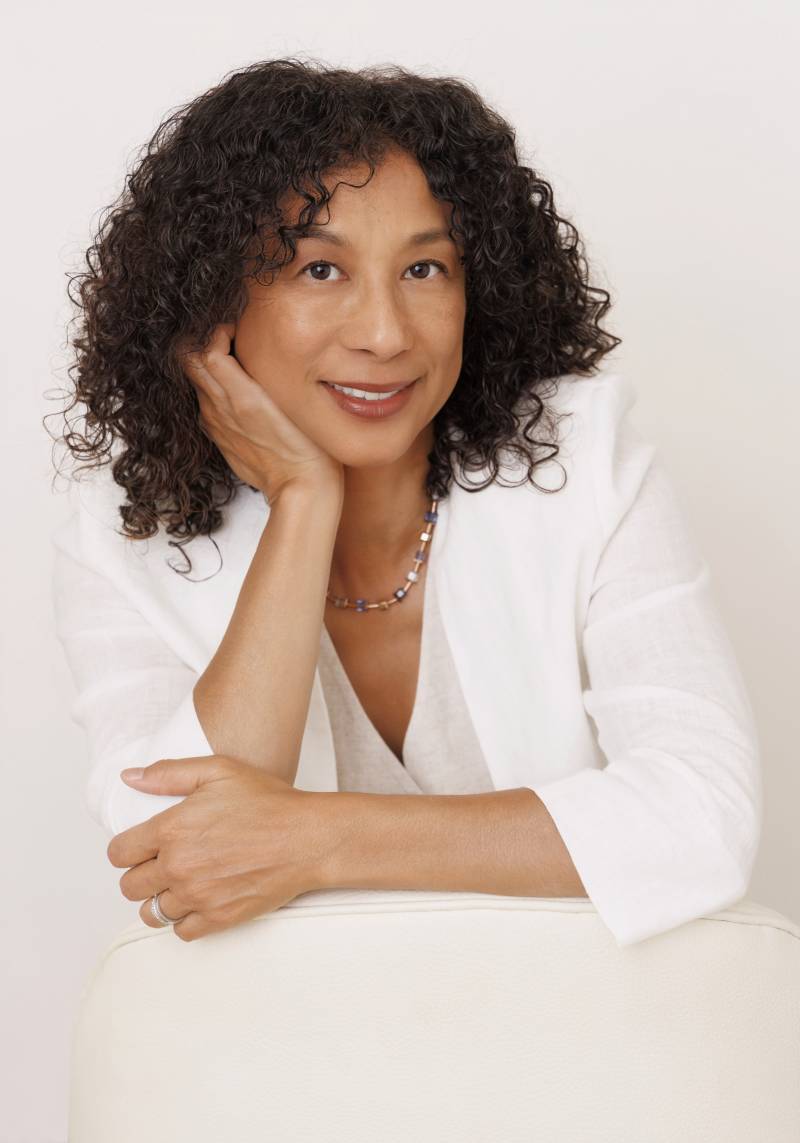Editor’s note: The following Perspective contains references to domestic violence.
Yumi Wilson opens up about taking care of her sister and recognizing abuse after she was brutally attacked by her husband.
I got the call that my sister had been stabbed by her husband while I was in Washington, D.C., about to give a presentation. Frank — the 63-year-old man I hugged goodbye just days earlier — had tried to kill my big sister. He had already confessed to murdering his mother.
I rushed back to the Bay Area, fear twisting in my gut. Mika, my strong, outgoing and beautiful sister, was fighting. But it wasn’t just the wounds — she was battling something deeper. Betrayal.
For too long, COVID, work and her devotion to church kept us apart. But now, I was her anchor. The doctors said they could place her in a skilled nursing home near my apartment. She was weak, but I believed she would recover.
